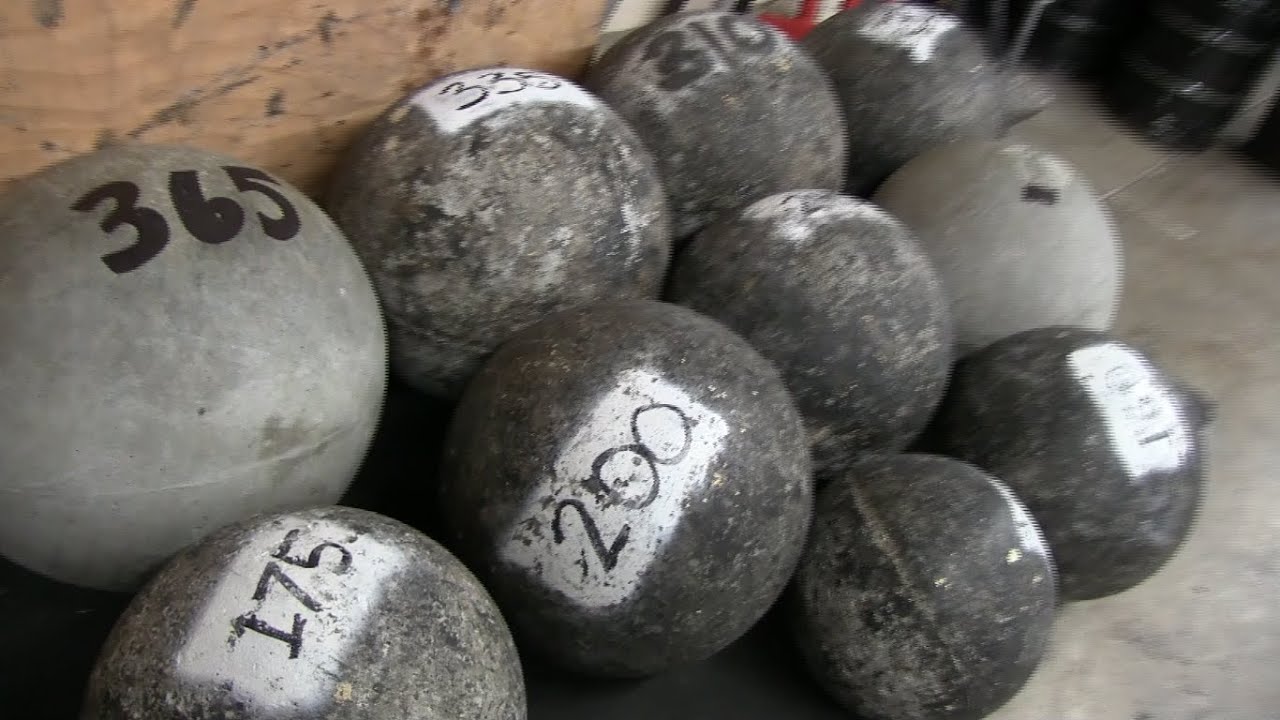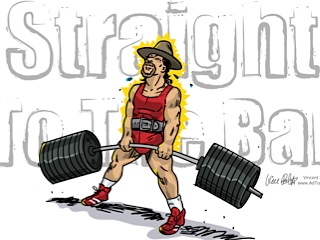I love sports, always have. Strength, team, motor and so on. Anything and everything.
Still, there’s a significant change on the way; a subtle shift in how some sporting events are viewed. Let me explain.
Sporting events are – for the most part – aspirational. The athletes are typically in better physical condition, have better equipment and are paid more than those watching. It’s been that way for quite some time.
On the spectator side of the fence it is – currently, anyway – quite a different story. Athletes do watch other athletes, but it’s a minority.
Before we get in to that though, a quick thought on ‘enhanced prosthetics‘. And yes, it’s all related.
Without going into a full history of prosthetic devices, it’s fair to say that they’ve gone from devices which look like the body part they’re replacing to devices which function like the body part they’re replacing to devices which function better than the body part they’re replacing. Hugh Herr’s recent TED talk (highly recommended) will confirm that.
Added to that are several devices aimed at aiding & enhancing various functions. Devices that a fully able-bodied person could wear in order to run more easily (for longer distances), carry heavier-than-usual loads and so on.
At some point (and not that far away) many prosthetic devices will look and feel like the body parts they emulate, and the assistive devices will go from ‘expensive, clunky prototypes‘ to slick commercial products. From a quick glance you won’t even know they’re there.
Back to the world of sports, and a few questions.
Once prosthetics and assistive devices are better than human body parts and functions, and so inexpensive and desirable that they’re seen everywhere (just think how quickly mobile ‘phones went from ‘what’s that?’ to ‘where’s yours?’) will they be allowed in various sporting competitions? Should they be, or does this provide an unfair advantage in some way? Will some competitions embrace them, and some ban them altogether?
My money’s on the last option, with some competitions embracing them, and some banning them altogether. And when they do, this will be the beginning of the reversal I mentioned in the title – the move from ‘Aspirational‘ to ‘Pure‘. A gradual shift from ‘better than‘ to ‘different from‘.
Over to you. I’d love to hear what you think is likely to happen – to the various sporting competitions we mention on this site (particularly strength sports) and to sports in general. The various flavours of football, triathlons and so on. Both solo and team sports.
Specifically, a few questions :
- Once the assistive devices (and if you’re not sure what I mean, there are a couple of examples in Hugh’s TED video) go from ‘expensive, clunky prototypes‘ to slick commercial products, do you think they’ll be popular with only a small number of people or with the general population? Will they be thought of in the same way as we now think of things like eyeglasses and hearing aids?
- If you agree that this shift from ‘Aspirational‘ to ‘Pure‘ is likely, when? I suspect it’ll be a gradual change, with much of it happening in the next 10 years.
- Finally – regardless of whether or not you think this is likely, what do you think will happen to the world of sports once these technologies are available? Will they be banned, or incorporated in some way?












0 Comments
Trackbacks/Pingbacks